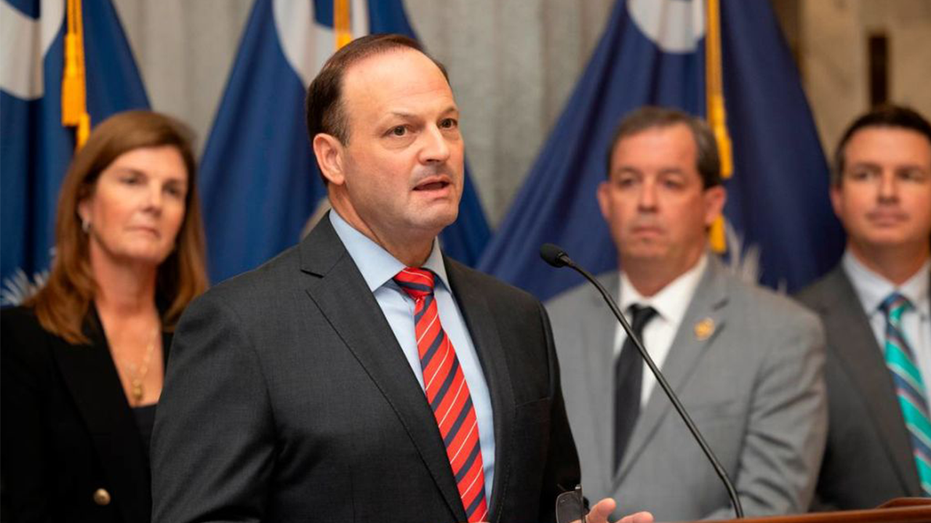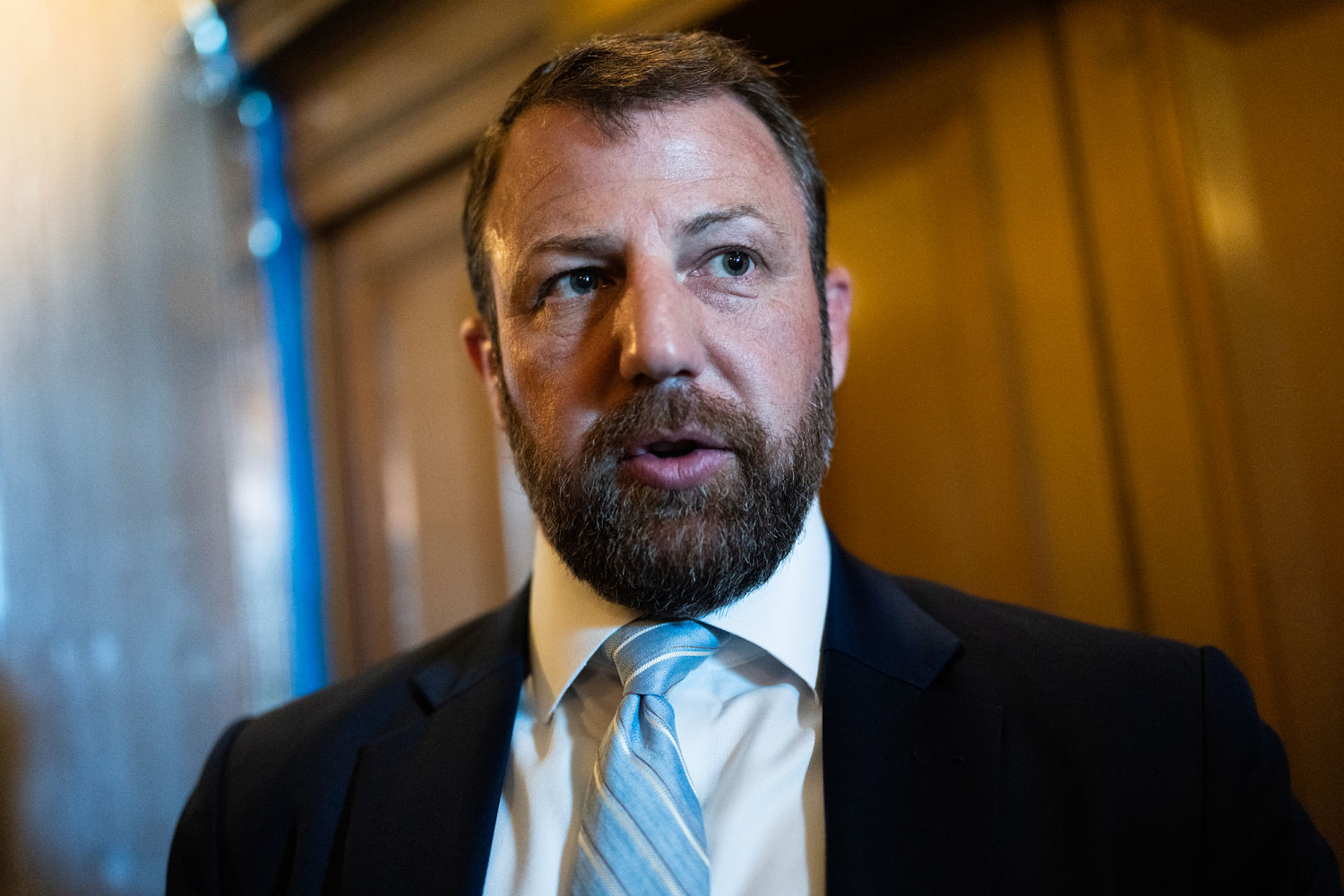If you’ve climbed down from the ledge after learning of Donald Trump’s recent Cabinet choices, let me offer some highly discouraging lessons from history that may help explain why Trump is on solid political ground in offering up some of the most unqualified individuals ever to be nominated.
First, incoming presidents almost always are given great deference in choosing their teams, and when embattled Cabinet picks stand firm rather than quietly withdraw, they survive.
The last time a nominee was rejected on the floor of the Senate was in 1989, when John Tower lost a bid to become Defense secretary. He was burdened by accusations of alcoholism and sexual misconduct (an allegation that applies to multiple Trump picks), as well as a prickly personality that alienated some of his one-time Senate colleagues.
“He was a veteran senator who was arrogant, off-putting to his colleagues and despite all the deference that senators normally give to former colleagues, he got none of it,” wrote journalist Walter Shapiro.
Several of Trump’s choices, particularly Matt Gaetz’s nomination for attorney general, would seem to inspire similar sentiment among Republican senators. But that doesn’t mean Gaetz or his fellow Cabinet hopefuls will face the same outcome as Tower.
Often forgotten in discussion of the Tower episode is that it was mostly a matter of party alignment that doomed his effort to join President George H.W. Bush’s administration. Democrats held the majority; 52 Democrats and one Republican — Nancy Kassebaum of Kansas — voted against Tower. Just three Democrats crossed the aisle to join 44 Republicans to back him. Had Bush’s party controlled the Senate, he likely would have gotten Tower confirmed.
Republicans will have a 53-seat majority in January, so if Trump can keep defections to three GOP votes, he can confirm anyone he wants.
Which brings us to the second takeaway: Trump has consistently demonstrated his capacity to intimidate Republican legislators into doing his bidding.
Consider what happened last year in Texas. In the fall of 2023, the Texas House voted to impeach Texas Attorney General Ken Paxton, who had been accused by own his aides of misappropriating funds, aiding a supporter in trouble with the law and abusing the power of his office to cover up an extramarital affair. The Republican dominated House voted 121-23 to impeach him. Then Trump weighed in on behalf of his ardent ally, calling it “political persecution.” The Texas Senate quickly voted to acquit him — only two Republicans voted to convict — and Trump promptly took full credit for saving Paxton’s career.
“.. my intervention through TRUTH SOCIAL saved Texas Attorney General Ken Paxton from going down at the hands of Democrats and some Republicans, headed by PAUL RINO (Ryan), Karl Rove, and others, almost all of whom came back to reason when confronted with the facts,” he posted.
Finally, the Republican majority in the next Senate is wholly different from the majority Trump faced in his first term — in good part because Trump helped shape it.
When Trump took office in 2017, there were 52 Republicans in the Senate, easily enough to toss aside the existence of the filibuster for Supreme Court nominees and put Neil Gorsuch on the court. But many of those GOP senators were far from Trump acolytes; they were committed “institutionalists,” disinclined to let Trump (or any president) challenge their constitutional powers.
GOP senators like John McCain and Jeff Flake of Arizona, Rob Portman of Ohio, Lamar Alexander of Tennessee, Pat Toomey of Pennsylvania and others would have pushed back hard against the idea of an Attorney General Matt Gaetz, HHS Secretary Robert F. Kennedy Jr., Defense Secretary Pete Hegseth or Director of National Intelligence Tulsi Gabbard. Those Republicans also help explain why Trump’s first term nominees were “normal” picks, like Jim Mattis or Rex Tillerson.
Most of those senators are gone, unable or unwilling to resist the force of MAGA Republicans. Trump’s power is such that a defense hawk and McCain ally like Lindsey Graham is likely to support the nomination of Gabbard, who has embraced many of Vladimir Putin’s talking points and seems at times almost enamored of Syrian dictator Bashar al-Assad. Some of the incoming GOP senators — Dave McCormick of Pennsylvania, Bernie Moreno of Ohio — owe their victories to Trump.
In other words, the landscape of the Senate, which Trump helped to shape, suggests that the astonishing, almost contemptuous challenge Trump has made — confirm my picks or I will recess appoint them without your votes — is likely to succeed. It is possible that one of Trump’s choices might fail on the floor, and undiscovered personal or professional liabilities may force a nominee to withdraw, but would Senate Republicans really reject three or four appointments? Furthermore, Trump and his picks aren’t the kind of people to easily retreat even in the face of growing opposition; they’ll make senators go through with the up or down vote and see who really is loyal.
What emerges from this history, and from Trump’s choices, is striking. He means to do what he said he wants to do: He has picked Cabinet choices who represent the same disdain for “expertise” and “qualifications” that has defined Trump’s worldview. And his political clout has given him a Senate that may be willing to surrender its constitutional power in a way that would once have been unimaginable.
.png)















 English (US)
English (US)